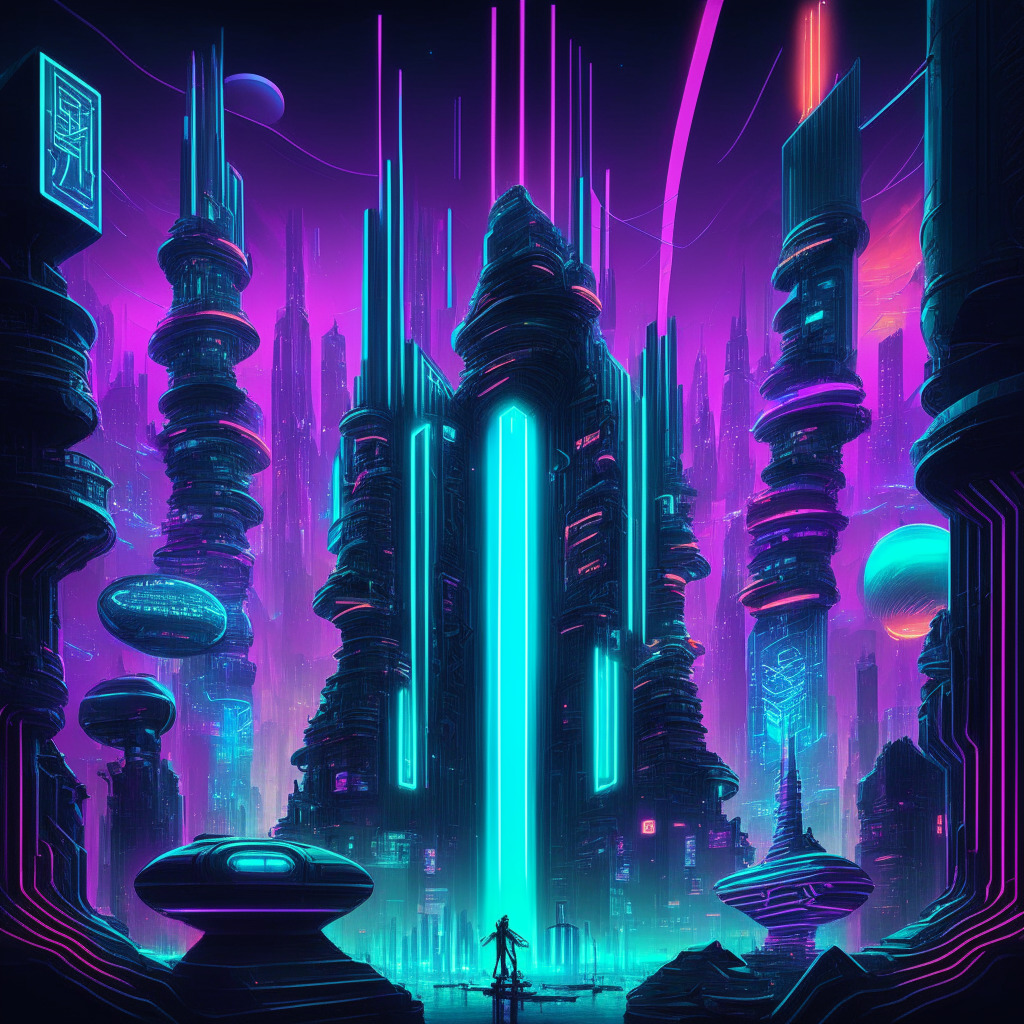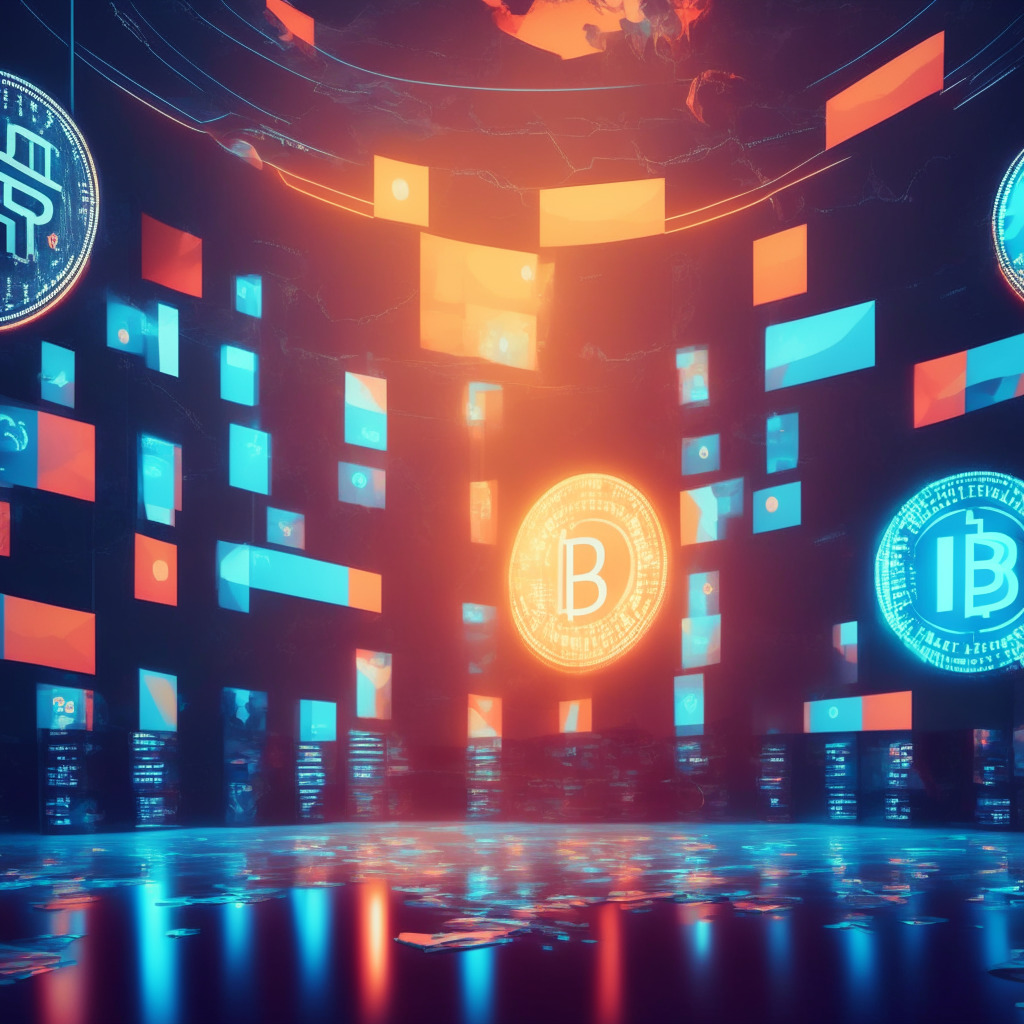Blockchain’s integration into the gaming industry continues to divide opinions, with some eagerly advocating for its benefits while others view it with a degree of scepticism. Prominent esports players recently voiced their positive outlook on Web3 and blockchain’s potential in the gaming world, indicating a desire to explore this emergent field more extensively.
Professional Dota 2 athlete, Erik Engel, expressed optimism, noting that the incorporation of blockchain in gaming can create significantly rewarding experiences for players. He suggested that this new gaming approach could lead to a refreshing kind of engagement, turning games into more than just pure entertainment. He is excited about the possibility of blockchain and Web3 offering benefits to players that extend beyond the basic gaming experience.
Mirroring Engel’s sentiments, Rocket League gamer, Max Ng, praised the idea of adding new technology and features to games, claiming that they could provide added value to users’ time and expenditure invested in games. He acknowledged that while he has yet to personally try a blockchain-based game, he plans to do so after the current busy competitive gaming season ends.
Yet, this enthusiasm for blockchain integration is not universally shared within the wider gaming industry. Valve Corporation, a leading game developer, took a controversial decision last year to remove blockchain-based games from its marketplace, reflecting a more traditional approach towards gaming. The company continues to resist diving into Web3 and blockchain territories like other companies have.
However, even amidst this resistance, there is a strong belief that change is inevitable. Joseph Turner, co-founder of Gaimin Gladiators, sees Valve’s decision as temporal and expects a rapid turnaround in the company’s stance in the near future. Turner calls for more direct involvement of blockchain projects in the professional gaming scene.
Blockchain technology and Web3 could revolutionize competitive gaming, believes Walter Lee, partner growth and GameFi leader at BNB Chain. Advancements such as tokenization of in-game assets and on-chain verifiable random number generation are a few examples of potential large-scale transformations to the gaming industry. In Lee’s words, the speed of “Web3 gaming” growth may soon lead to it simply being referred to as “gaming.”
While there is a clear differentiation in stakeholder opinions, what remains undeniable is the transformative effect of blockchain technology and Web3 on gaming. The future holds plentiful opportunities for innovative application of these digital tools, offering the chance for newer rewarding experiences for both gamers and the wider gaming industry. Whether this integration will be universally accepted remains to be seen.
Source: Cointelegraph




